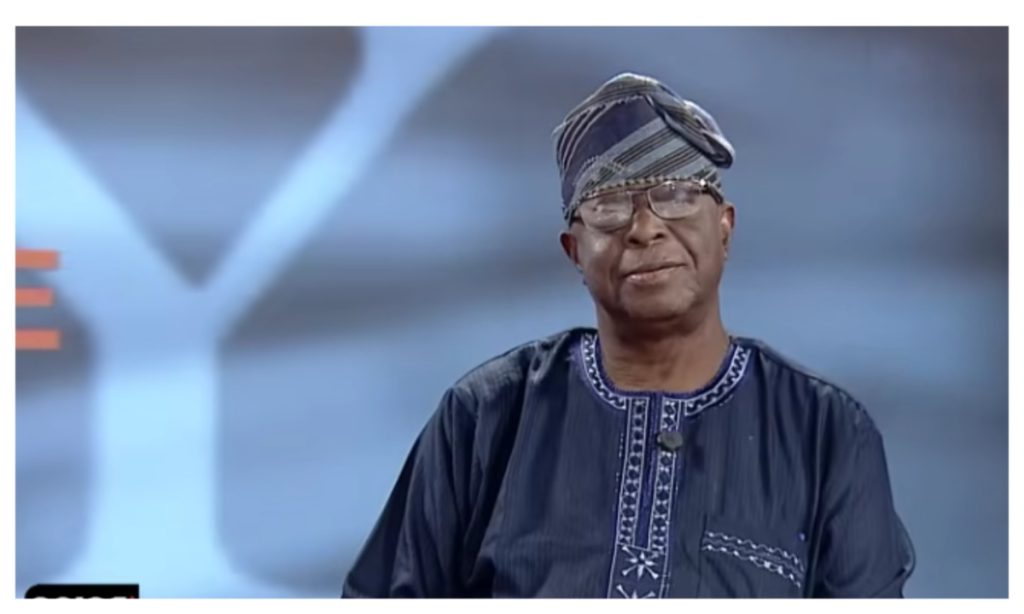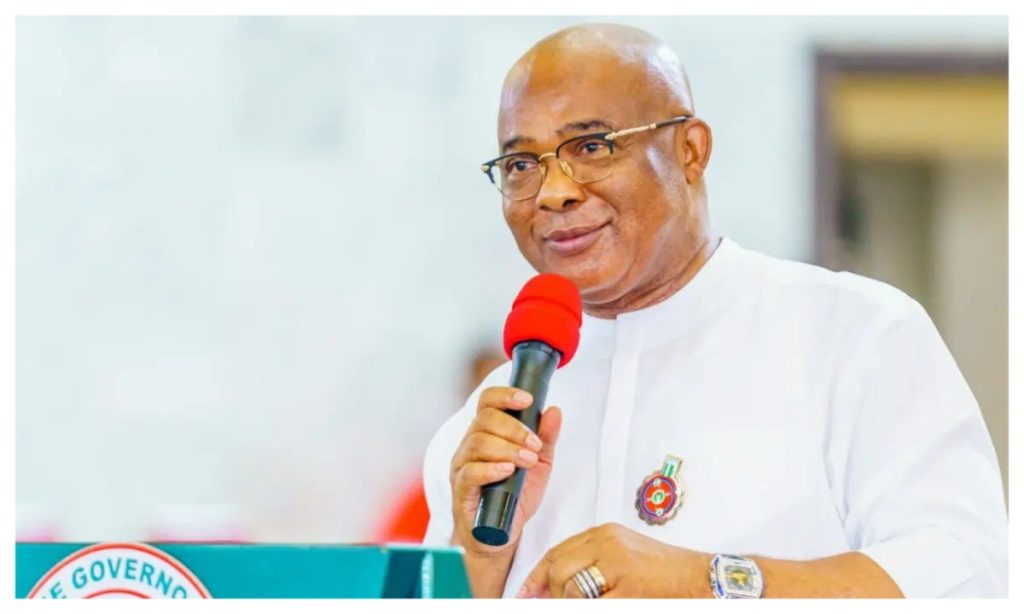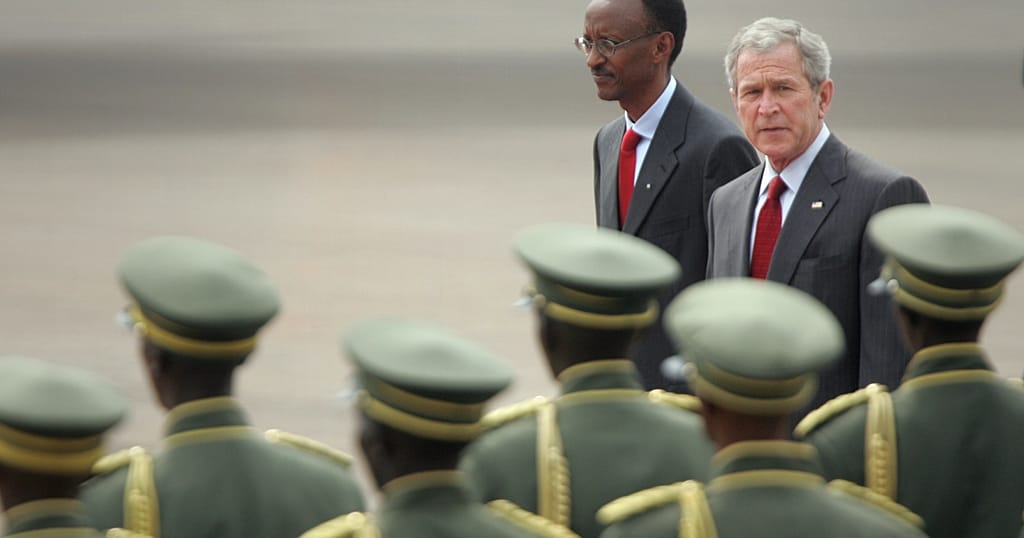A high-stakes meeting between Russian President Vladimir Putin and U.S. Special Envoy Steve Witkoff on Wednesday yielded little immediate progress in resolving the protracted war in Ukraine, as both sides traded diplomatic “signals” under the shadow of looming Western sanctions. The Kremlin described the three-hour Moscow talks as “useful and constructive,” while underscoring the entrenched positions that have stalled peace efforts for over three years.
Witkoff’s visit came just ahead of an 8 August deadline set by U.S. President Donald Trump, who has threatened Russia with additional penalties unless it agrees to a ceasefire. Putin’s foreign policy adviser, Yuri Ushakov, told reporters that the Russian leader shared unspecified “signals” on the conflict and received reciprocal messages from Washington, but declined to elaborate. Details, he said, would emerge only after Witkoff briefs Trump.
Despite Trump’s escalating rhetoric—including public frustration over Russia’s intensified strikes on Ukrainian civilian areas—his administration’s mix of incentives and pressure has yet to alter Moscow’s stance. Ukrainian President Volodymyr Zelensky, speaking hours before the Moscow meeting, argued that Russia would only engage meaningfully in peace talks if financial strain from sanctions forced its hand. “They’ll bargain seriously when the money runs out,” he said.
Three prior rounds of negotiations between Kyiv and Moscow have faltered, leaving the war grinding into its fourth year with no clear off-ramp. The deadlock persists despite urgent humanitarian consequences: On Wednesday, a Russian missile strike hit a holiday camp in Ukraine’s Zaporizhzhia region, killing two and wounding 12. Local officials called it a deliberate attack on civilians, noting the site housed no military targets. Zelensky condemned the strike on Telegram, calling it an act of “pure cruelty” intended to “terrorize ordinary people.”
Analysts suggest the timing of the Moscow talks reflects competing pressures. While the Kremlin seeks to avoid further economic isolation, the U.S. faces domestic and international calls to rein in a conflict that has destabilized global food and energy markets. Yet with Russia’s military continuing its advance in eastern Ukraine and Kyiv demanding full territorial restoration, prospects for compromise appear remote.
The Biden administration, though not directly involved in Wednesday’s dialogue, has maintained that any ceasefire must respect Ukraine’s sovereignty—a nonstarter for Moscow, which insists on recognizing its annexation of occupied regions. Meanwhile, bipartisan support in Congress for continued military aid to Ukraine contrasts with Trump’s ambivalence, exposing fractures in the Western response.
As diplomatic channels remain gridlocked, civilian casualties mount. The Zaporizhzhia attack underscores Kyiv’s warnings that Russia’s tactics increasingly target infrastructure, residential areas, and morale. With neither side willing to cede ground, the war’s toll—measured in lives, displacement, and global instability—shows no sign of abating.



